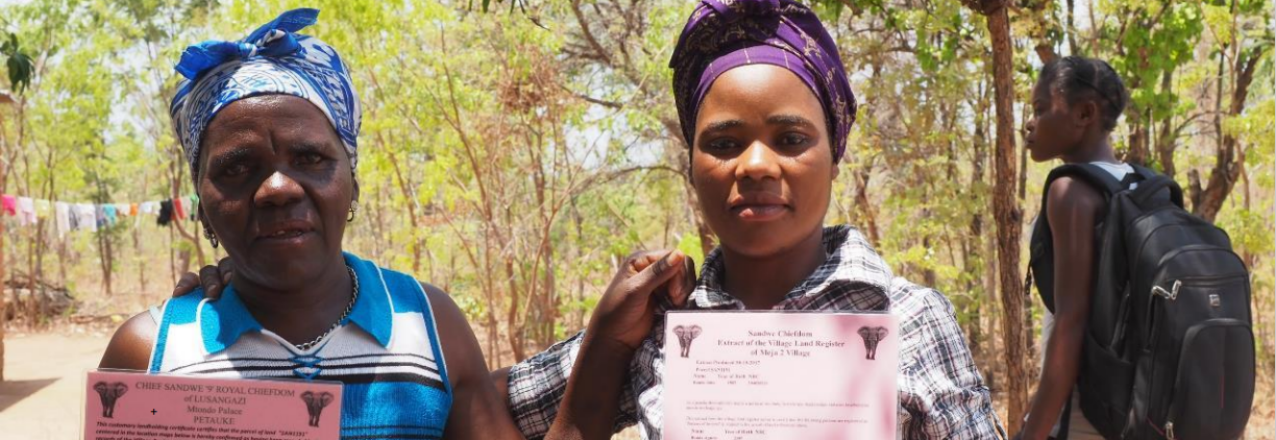Introduction
The Integrated Land and Resource Governance (ILRG) task order (TO) under the Strengthening Tenure and Resource Rights II (STARR II) Indefinite Delivery/Indefinite Quantity (IDIQ) contract provides support to the United States Agency for International Development’s (USAID) Land and Urban Office in the Bureau for Economic Growth, Education, and Environment (E3/LU). ILRG develops and implements targeted interventions in select USAID presence and non-presence countries, providing technical assistance to improve land and resource governance, strengthen property rights, and build resilient livelihoods as the foundation for stability, resilience, and strong economic growth. The TO has four primary objectives that assist in ending extreme poverty:
- To increase inclusive economic growth, resilience, and food security;
- To provide a foundation for sustainable natural resource management and biodiversity
conservation; - To promote good governance, conflict mitigation, and disaster mitigation and relief; and,
- To empower women and other vulnerable populations.
To achieve these objectives, the TO works collaboratively with USAID, communities, civil society, governments, academia, and the private sector through inter-related components:
- Component 1: Support the development of inclusive land and property rights laws and
policies; - Component 2: Assist law and policy implementation, including clarifying, documenting, registering, and administering rights to land and resources;
- Component 3: Support the capacity of local institutions to administer and secure equitable land and resource governance; and
- Component 4: Facilitate responsible land-based investment that creates optimized outcomes for communities, investors, and the public.
As of the end of fiscal year (FY) 2019, ILRG had multi-year activities in Zambia, Mozambique, and India, with additional preparations underway for support to community land protection in Liberia, and discussions began on opportunities in Malawi and Madagascar. Near the end of FY 2019, ILRG was informed that it would program funding related to the Women’s Global Development Prosperity Initiative (W-GDP) with the aim of implementing activities in existing and new ILRG geographies over approximately two years. This work plan is focused on describing how these funds will be programmed, recognizing that opportunities differ in each geography, as do the amount of time and effort required to build a common understanding with USAID missions, host country governments, and partners. This work plan also recognizes the importance of coordinating with USAID’s Communications, Evidence and Learning (CEL) program, which will be undertaking W-GDP activities in some overlapping geographies, as well as the Advancing Rights in Southern Africa (ARISA) project. W-GDP activities will be fully integrated into the implementation plans and associated budgets for each country, but are presented here to focus specifically on a global W-GDP work plan. ILRG was awarded July 27, 2018. The TO has a three-year base period (through July 2021) and two one-year option periods. Any changes to this plan related to COVID-19 will be reflected in quarterly reports.


